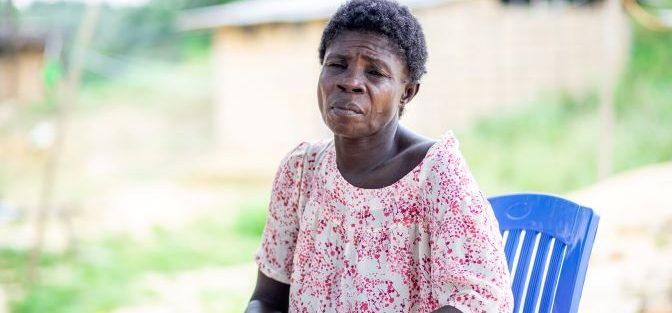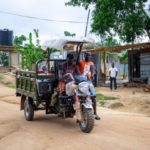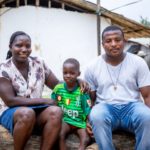In Ghana, a woman’s daily life is a delicate balancing act, often performed in silence and under strain. She is the income earner, the caregiver, and the community builder. She wakes before dawn to fetch water, prepares meals for the family, walks miles to her market stall or office, attends community meetings, and still carries the emotional weight of everyone around her.
This is the triple role of women – productive, reproductive, and community roles. And while these roles are essential to the fabric of society, the cumulative burden they create is costing women their health, freedom, and sometimes their lives.
The Productive Role
Women are the driving force behind our economy, contributing across every sector—from formal employment and informal trading to agriculture and entrepreneurship. Yet, despite their vital role, they remain among the most economically vulnerable. The burden of unpaid domestic labor significantly limits their income-generating opportunities, while their contributions are routinely undervalued and overlooked. Even more troubling is the lack of financial autonomy many women face. In countless households, women have little or no control over their income. This economic dependency undermines their ability to access quality healthcare, secure nutritious food, or escape abusive environments— trapping them in cycles of poverty and vulnerability.
The Reproductive Role
Pregnancy, childbirth, breastfeeding, and caregiving are fundamental reproductive roles that women, particularly in Ghana, cannot opt out of. Yet for many, these responsibilities are carried out under extraordinarily challenging conditions. Healthcare systems are often underfunded and overstretched, maternal mental health remains a neglected topic, and societal expectations demand that women resume their full range of duties almost immediately after giving birth— regardless of their physical or emotional state. The cumulative impact of pregnancy and the relentless demands of caregiving result in profound physical exhaustion, emotional strain, and long-term health complications. Yet, this “labor of love” remains largely invisible—unacknowledged, unsupported, and without reprieve.
The Community Role
Women are often the unseen force behind social cohesion in rural and urban communities. They lead sanitation campaigns, support school activities, care for the elderly, and mediate community conflicts— quietly holding the fabric of society together. Yet this civic labor adds another layer of responsibility to already overburdened lives. It is a source of stress. Unlike their male counterparts, these women are rarely acknowledged, let alone compensated, for their essential contributions. Their leadership is expected, but seldom celebrated.
What’s the Cost?
These intersecting roles leave women with little time, limited resources, and high levels of stress, which manifest as delayed or forgone healthcare, maternal burnout and depression, nutritional deficiencies, chronic illnesses like hypertension and diabetes and unaddressed sexual and reproductive health issues
What Needs to Change
We must stop romanticizing women’s resilience and start dismantling the systems that make such resilience necessary. Health systems must be restructured to reflect women’s lived realities—providing accessible, gender-responsive care that takes into account time constraints, financial limitations, and caregiving responsibilities. Policymakers must prioritize women’s economic empowerment by enforcing inheritance and land rights, expanding access to decent work, and recognizing unpaid care through social protection measures. Meanwhile, men and communities must shoulder domestic responsibilities— not as an act of charity, but as a matter of justice and equity. A woman’s ability to multitask should never be seen as an obligation to self-sacrifice.
At ARHR, we envision a Ghana where every woman can live fully, love freely, and thrive in all her roles—without compromising her health, dignity, or dreams.



